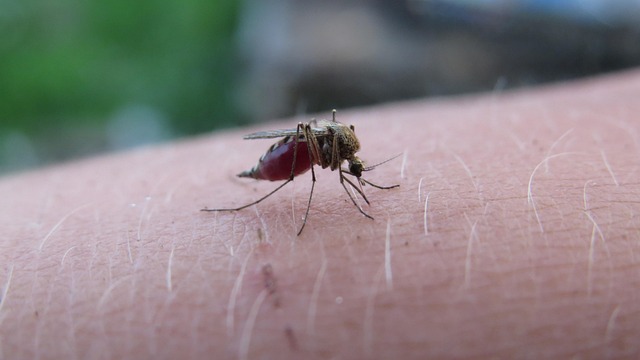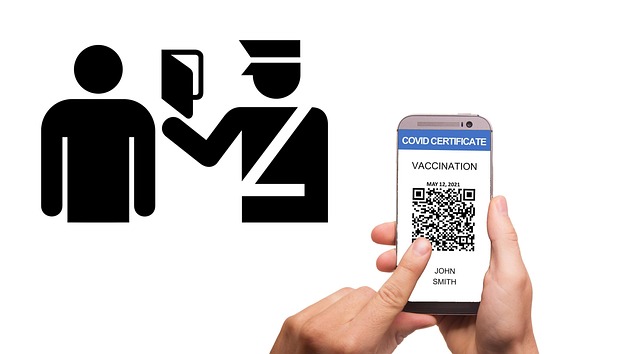In today’s fast-paced world, the ability to swiftly and accurately diagnose infectious diseases is more crucial than ever. The rapid diagnosis of infectious diseases not only saves lives but also plays a significant role in controlling outbreaks and ensuring public health safety. As we transition into an era dominated by technological advancements, a myriad of innovations is emerging, enhancing how healthcare professionals diagnose and respond to health crises.
Technological Innovations Transforming Diagnosis
Recent technological breakthroughs have revolutionized the landscape of diagnostics. From advanced diagnostic machines to mobile health applications, these innovations aim to provide rapid results, allowing healthcare providers to act quickly. One notable advancement is the use of point-of-care testing (POCT), enabling tests to be performed at or near the site of patient care. This means that individuals can receive timely results without the need to visit a centralized laboratory, which can often delay treatment.
Additionally, artificial intelligence (AI) and machine learning are increasingly being integrated into diagnostic processes. These technologies can analyze vast amounts of data, identifying patterns and potential outbreaks with unprecedented speed and accuracy. For instance, deep learning algorithms can evaluate medical images or genetic sequences and diagnose infections that traditionally required prolonged laboratory tests. As such, the rapid diagnosis of infectious diseases is no longer a far-off dream but a tangible reality enabled by cutting-edge technology.
Health Innovations Catering to Rapid Diagnosis
On the health innovation front, new developments in sample collection and analysis are yielding impressive results. For example, the advent of non-invasive testing methods gathers essential samples without discomfort or complexity, leading to increased patient compliance. Rapid antigen tests, particularly for viruses like COVID-19, have become staples in both healthcare settings and at-home testing, providing results in mere minutes rather than days.
Telemedicine also plays a vital role in the rapid diagnosis of infectious diseases. With patients able to consult healthcare professionals from the comfort of their homes, health providers can swiftly assess symptoms, guide tests, and interpret results remotely. This not only helps curb the spread of infectious diseases by minimizing in-person visits but also ensures that patients receive timely care without the delay associated with traditional processes.
Furthermore, collaborations among tech companies, healthcare providers, and research institutions are creating an ecosystem of continuous improvement, where innovative diagnostic tools are developed and refined regularly. The fast-paced nature of technological progress means that new tools are continually emerging, each designed to enhance the speed and accuracy of infectious disease diagnosis.
As we embrace these advancements, the vision for the future of health care becomes clearer: a world where the rapid diagnosis of infectious diseases is seamlessly integrated into our health systems, safeguarding individuals and communities alike. With these innovative solutions, we are on a promising path toward more effective management and prevention of infectious diseases.




